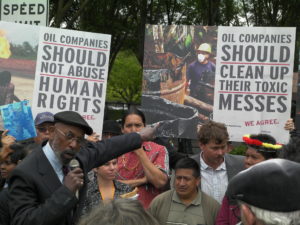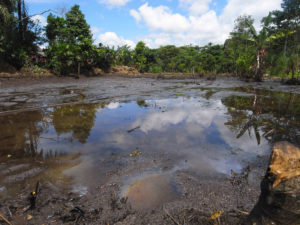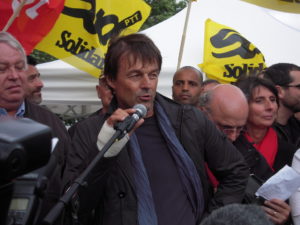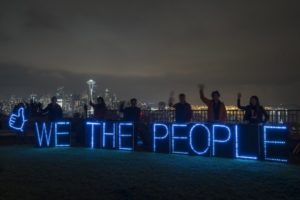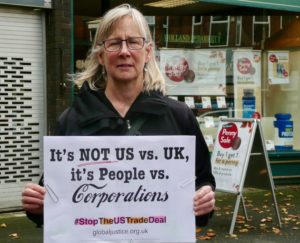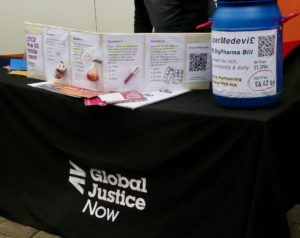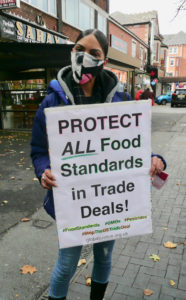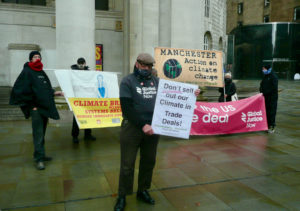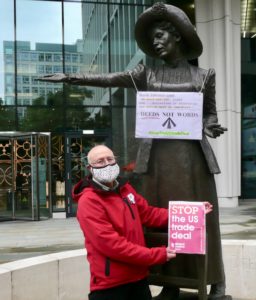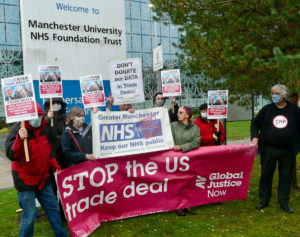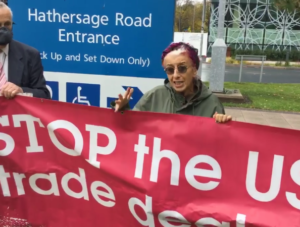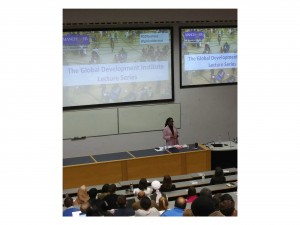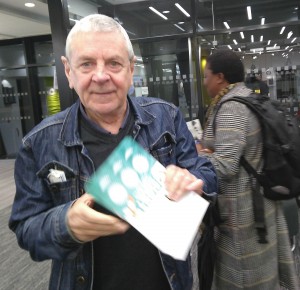If you want to join us in any of these actions, please email us at globaljusticemanchester@fastmail.fm
Wednesday 15th September we will be delivering public letters to Banks in Spinningfields, calling for the cancellation of debts owed by countries hit by the covid pandemic. Some of the poorest countries have been worst hit, and debts have mounted as the global economy has been on hold. These countries will need all the resources they can muster to tackle the climate crisis.
Email globaljusticemanchester@fastmail.fm if you want to campaign on debt cancellation
Saturday 18th September we will be taking part in the Day of Action: Corporate Courts vs. the Climate. In the morning, there will be brief photo opportunities outside several corporate law firms, and a stall in St. Anne’s Square. There might also be pickets at Shell petrol stations. We are demanding that the UK withdraw from the Energy Charter Treaty, remove corporate courts from the current Canada deal, and abandon moves to join the Trans-Pacific Partnership.
At 5.30pm Global Justice Now are holding a webinar Corporate courts – communities fight back . Speakers from Bolivia, Italy, and Argentina will relate how people across the Globe are resisting the ISDS corporate court system, to defend their environment and communities.
Find out more about our campaign against corporate courts from globaljusticemanchester@fastmail.fm
Friday 24th September from 12.00-14.00, we will be supporting the youth strikers in St Peter’s Square, as they rally to save the planet.
Sunday 3rd October we will be joining the Climate Justice bloc at the Conservative Party Conference demo.
Email globaljusticemanchester@fastmail.fm to find out more, or join in
